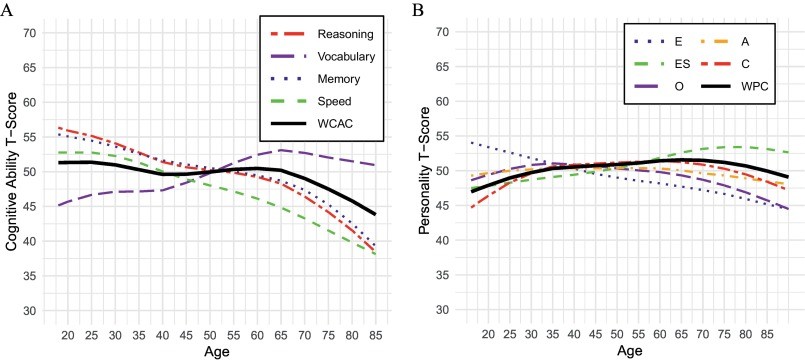The Brain's Real Peak Emerges in Midlife: Why 55–60 May Be Your Cognitive Summit
New research published in Intelligence shows that overall mental functioning often peaks between ages 55 and 60. That means many people are at their best for complex problem solving and leadership in midlife, not in youth. The study also reveals that while raw cognitive power tends to decline from the mid-twenties onward, other traits can rise and balance performance in meaningful ways.

In This Article:
Raw Ability Declines Early; Age Isn’t the Whole Story
Physical peak occurs in the mid‑twenties to early thirties. Raw intellectual abilities—reasoning, memory, and processing speed—usually begin to decline from the mid‑twenties onward. Yet the study shows a broader picture: enduring traits and cognitive skills develop and endure across life. To compare, the researchers analyzed 16 psychological dimensions, standardizing them to map trajectories across the lifespan.

Sixteen Dimensions and Late‑Life Peaks
Among the dimensions are core cognitive abilities such as reasoning, memory span, processing speed, knowledge, and emotional intelligence. The 'big five' personality traits—extraversion, emotional stability, conscientiousness, openness to experience, and agreeableness—also show distinct aging patterns. Several traits peak much later: conscientiousness around 65 and emotional stability around 75. Moral reasoning can peak in older adulthood, and the capacity to resist cognitive biases may continue improving well into the 70s and 80s. When combined into a weighted index, overall mental functioning peaks between 55 and 60, with decline starting around 65 and accelerating after 75.

Implications for Work, Leaders, and Policy
These dynamics help explain why many demanding leadership roles are held by people in their fifties and sixties: a balance of judgment, patience, and measured decision‑making emerges as the mind matures. Yet age alone does not determine cognitive functioning; some people maintain reasoning speed and memory later in life, while others show declines earlier. This argues for age‑inclusive hiring and retention practices that value midlife strengths rather than relying on age-based assumptions. Structural factors also matter: mandatory retirement ages exist in some fields (e.g., pilots at 65; air traffic controllers around 56–60) because of memory and attention demands. Still, many roles can benefit from the experience and steadiness midlife offers.

History Proves Peak Age Is Not a Countdown
From Charles Darwin at 50 to Beethoven at 53 (despite being profoundly deaf) and Lisa Su at 55, breakthroughs have occurred well past conventional peak age. These findings invite a shift in mindset: midlife can be a real peak. The work encourages workplaces to value the strengths gained in midlife and to support policies that help people thrive at every age.


